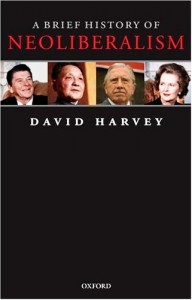
Stuart got fired for being full of s**t, Jamie got fired for being a bit wet, but did Jo get fired because of her lack of cultural capital?
We use this concept of Bourdieu’s in the AS Sociology of education to explain why middle class kids do better in education – Stephen Ball pointed out – middle class parents have better skills when it comes to researching schools; they know how to work the system to their children’s advantage and are more able to relate to teachers because they share a similar cultural background and world view.
This might be forcing the use of the cocnept a bit – but I think Jo got sacked because of her lack of cultural capital. In this case her previous experience simply meant she didn’t have sufficient formal knowledge of how business worked on a scale above the level of her own relatively small cleaning firm.
Firsly in the interview process she was disadvantaged because she hadn’t researched Alan Sugar’s company – and the idea of doing this in fact seemed totally alien to her her. Secondly, she just looked like a total fish out of water in the formal setting of the interview.
Having started up her own cleaning business from scratch, I imagine Jo had never gone through the whole formal job- interview process – unlike the two winning candidates who would have been very used to the necessary formalities. This was totally unlike Chris who said ‘I was told (thus having the cultural capital) that in an interview you should give calm, measured responses – or something along those lines.
And I may be wrong about this – but she seemed to think that being the apprentice meant being trained up – as in being taught about business – It’s as if she thought she was going to get a crash course in basic degree level business if she won – she seemed to be desperate for an business education. The two that got through had already had that – Chirs with his academic background and Stella would have got that through her 10 years in her previous company.
So despite showing more aptitude in winning more tasks than both of the two finalists, Jo appears to have been sacked because of her lack of cultural capital relative to the other two candidates. Becasue of their educational and business advantage previous to the interview processs, they are going to be more able to fit into Alan Sugar’s business. Basically, unless all the other candidates were clearly worse, and in this case they weren’t, Joanna – a working class woman with no formal business training only used to running a small cleaning business – was doomed to fail from the start.



